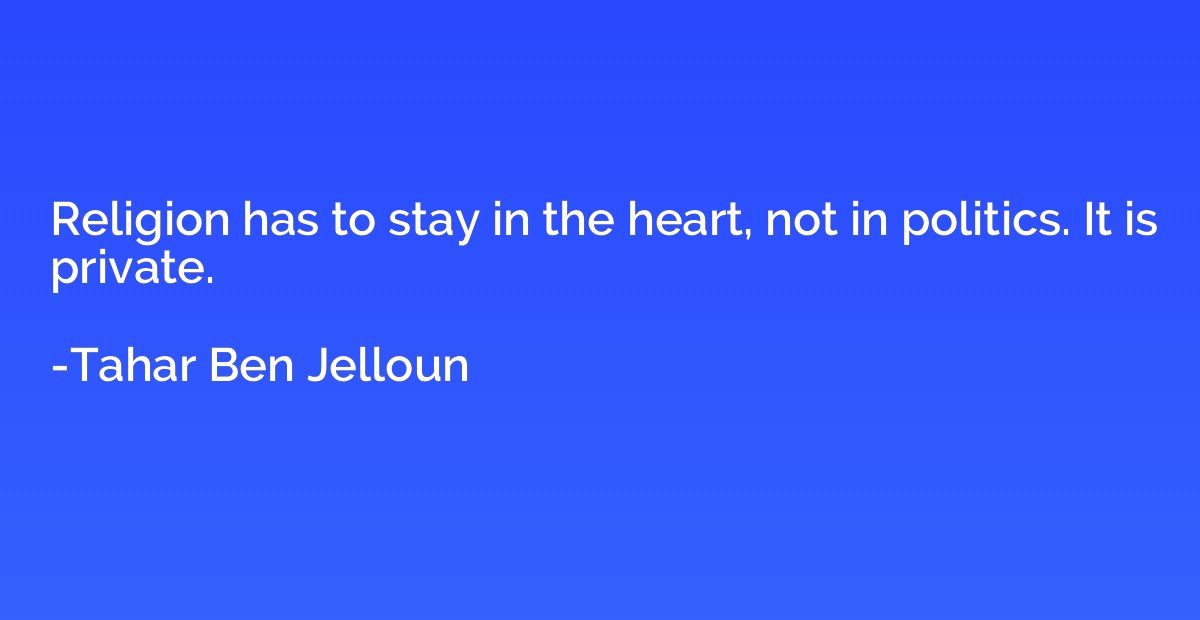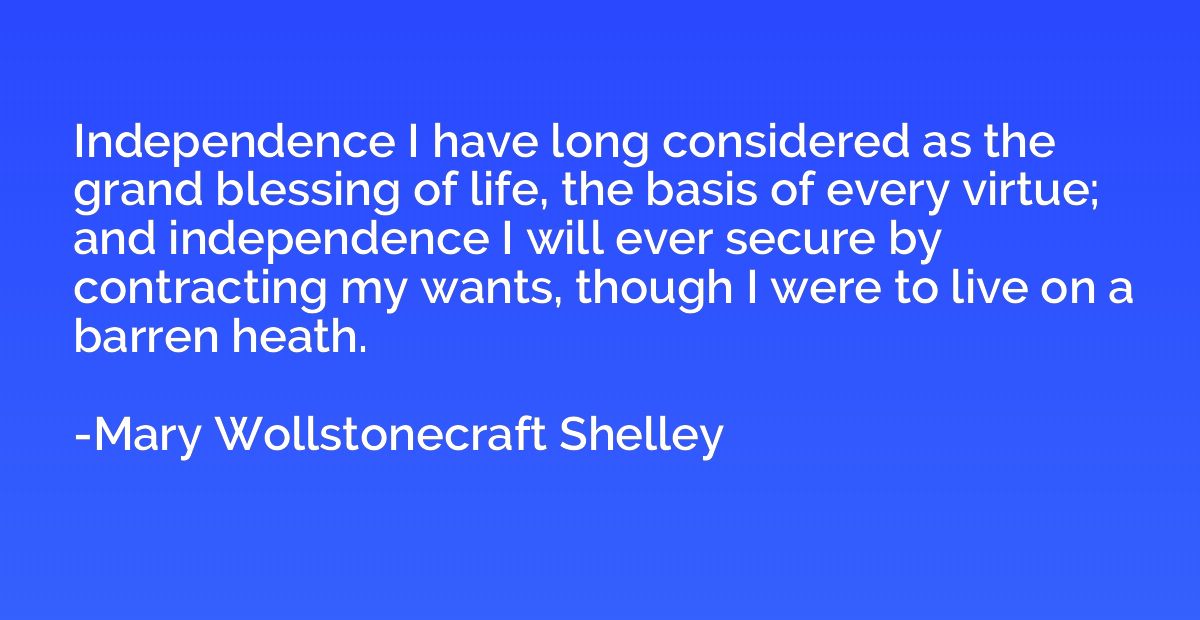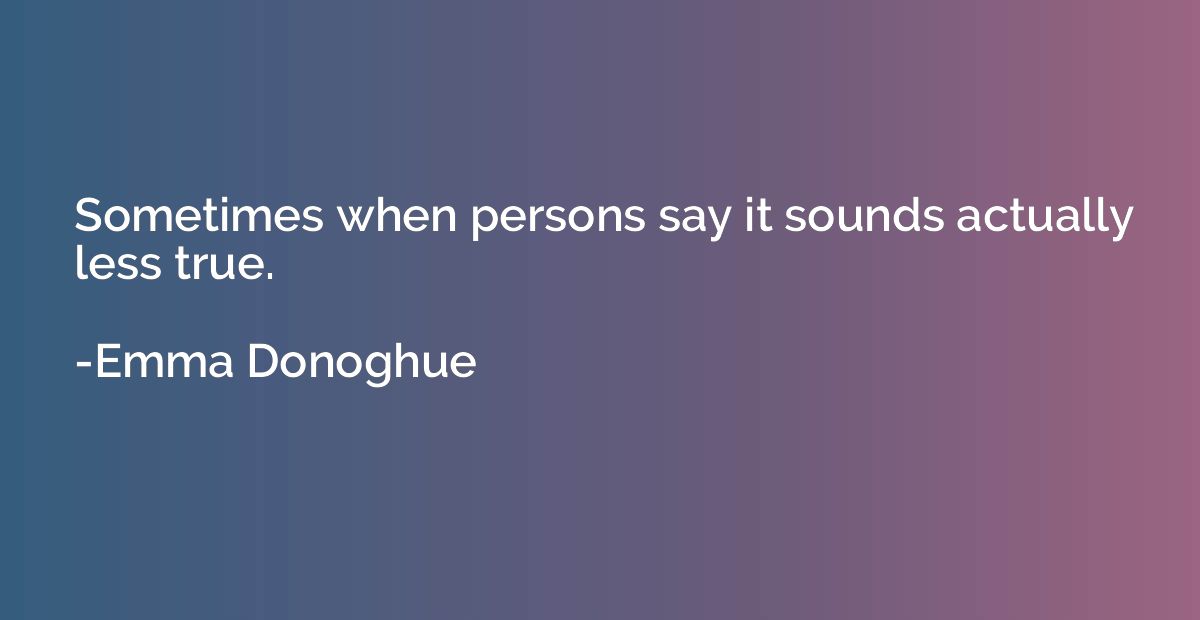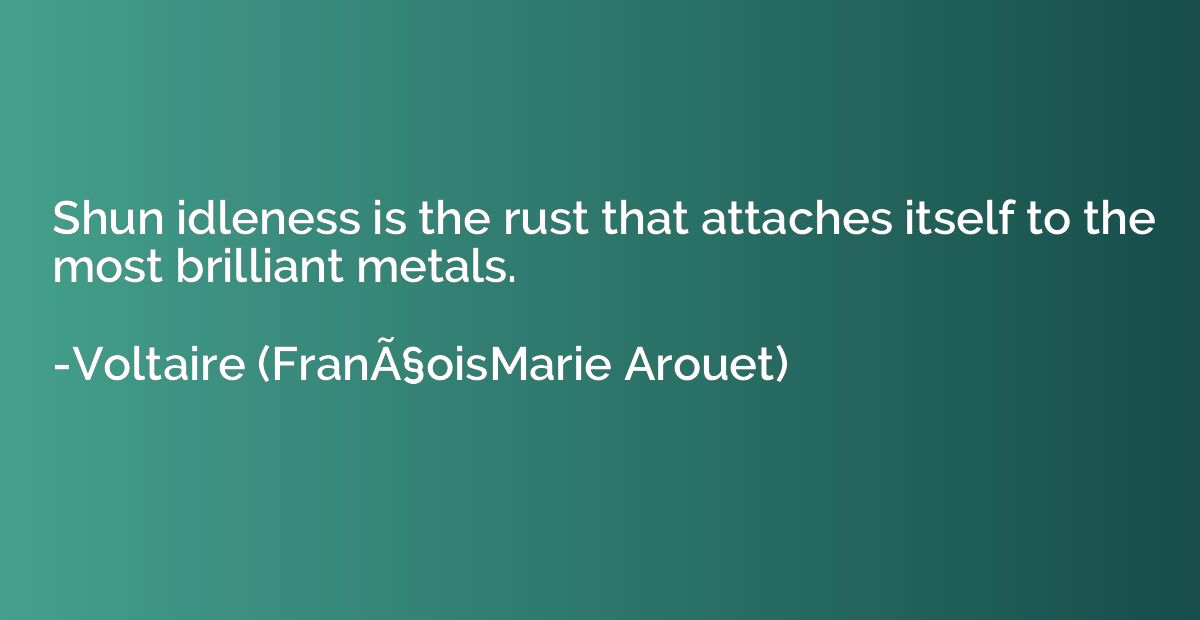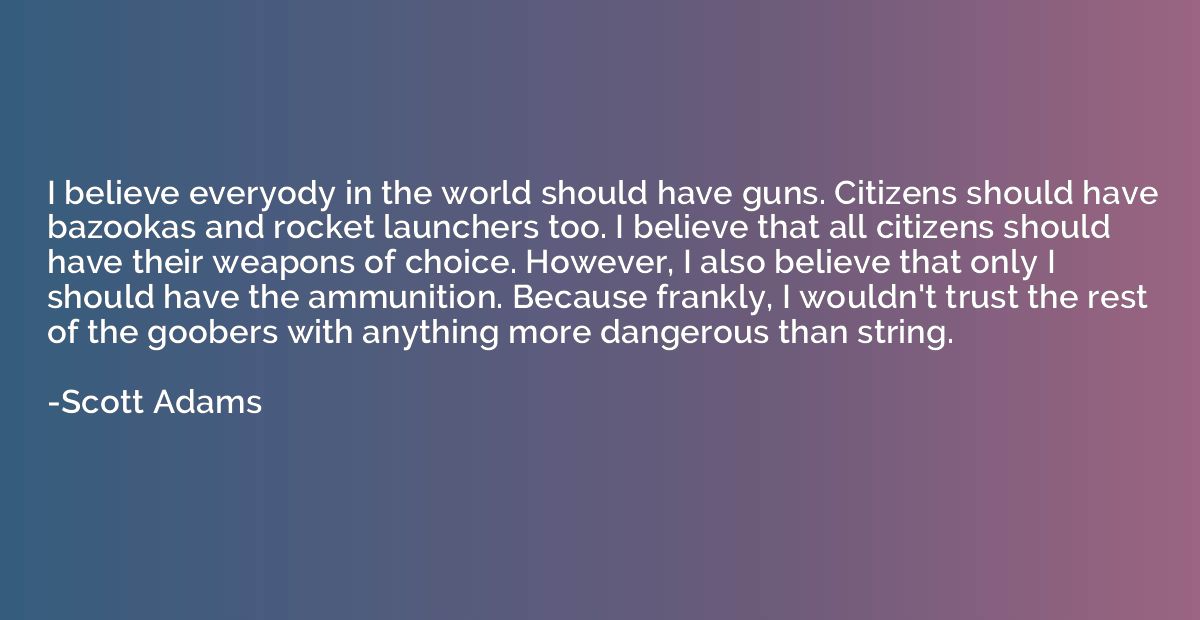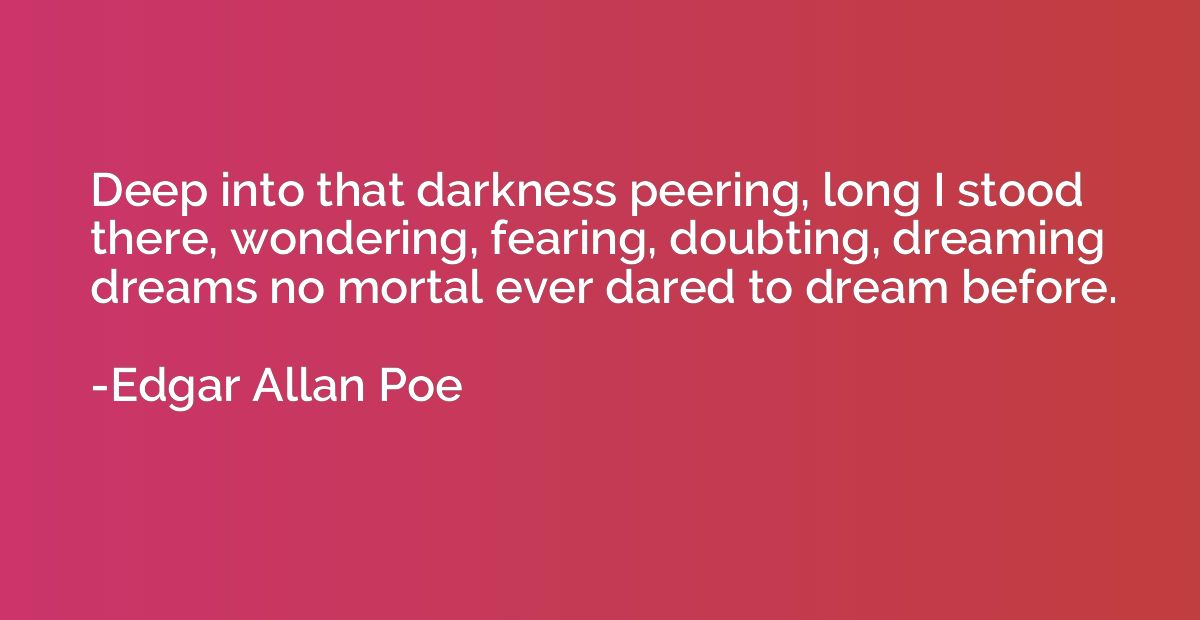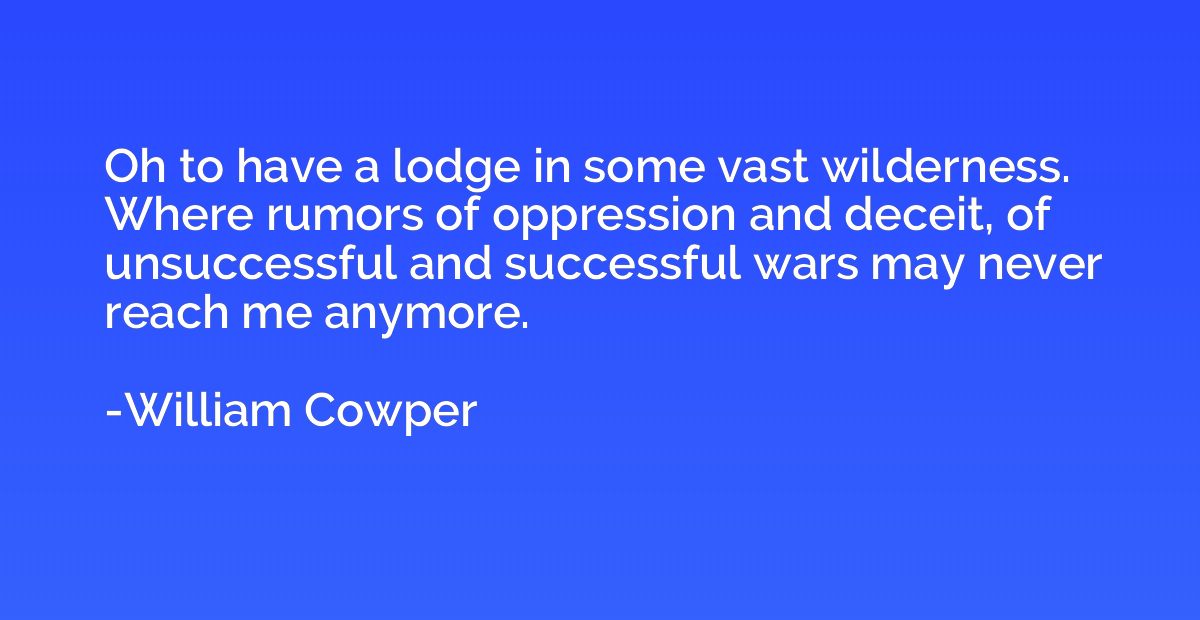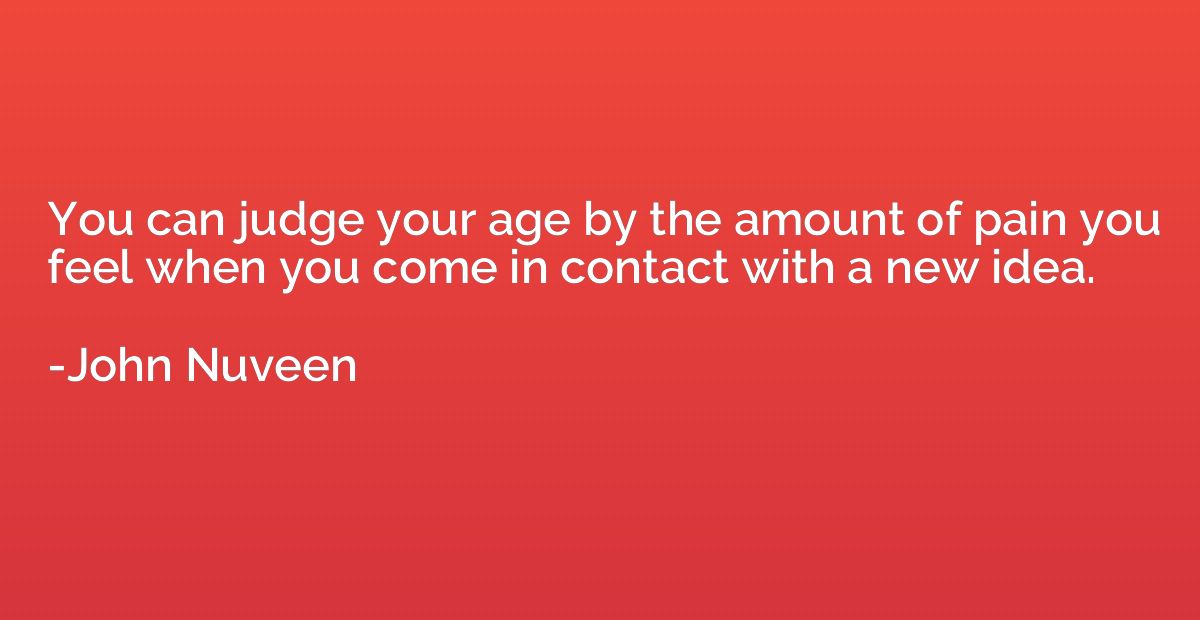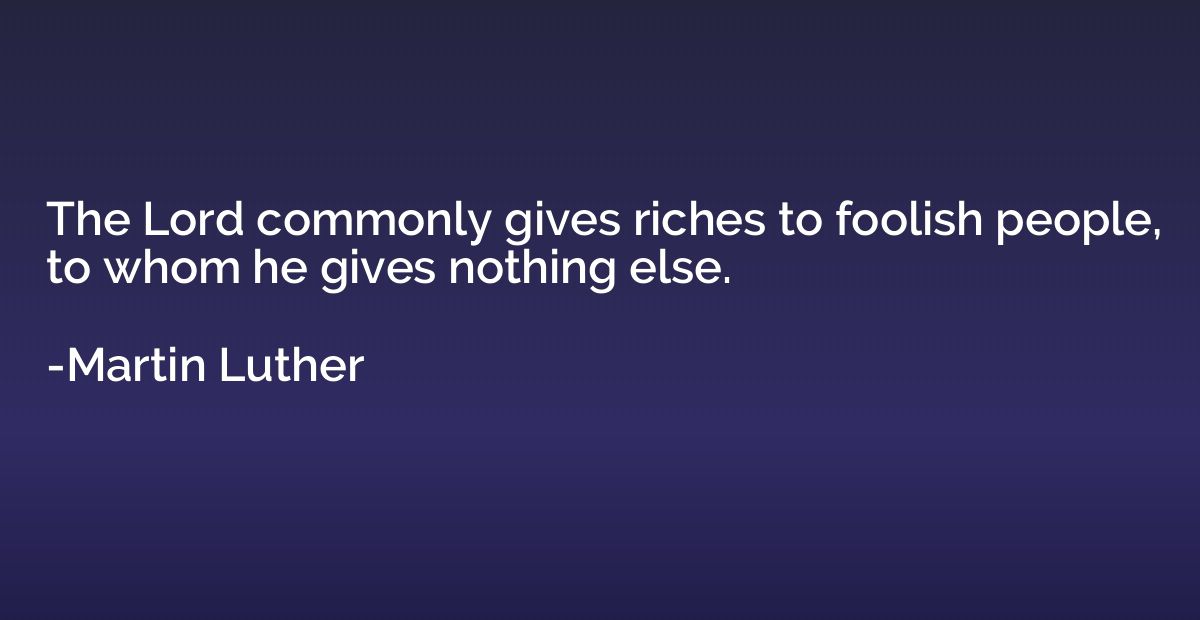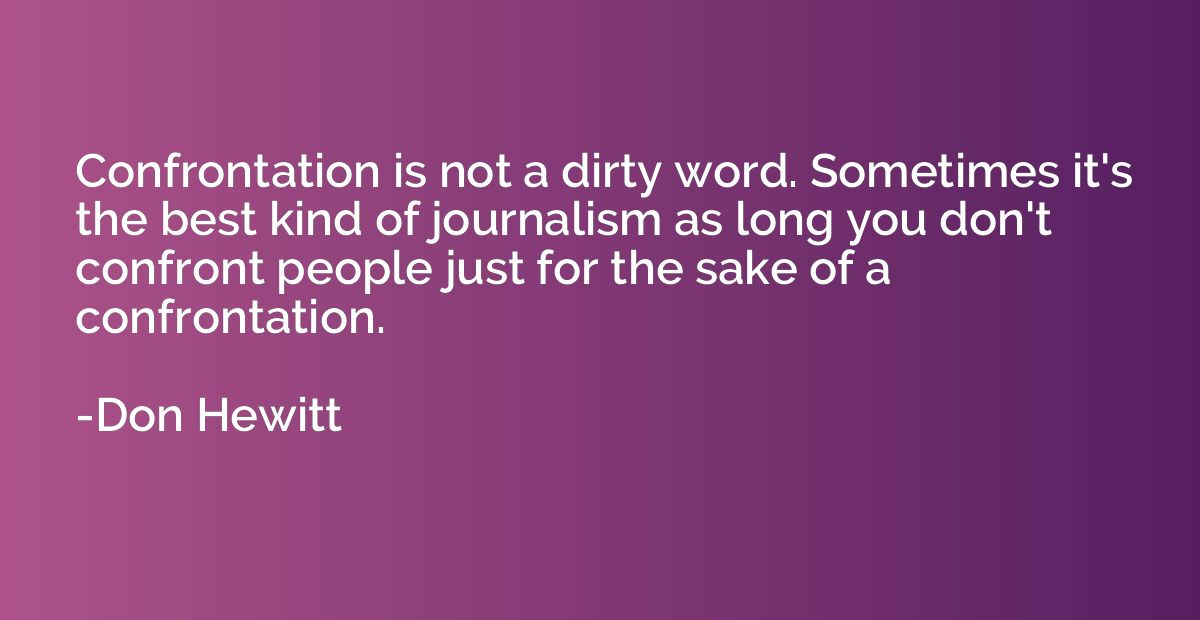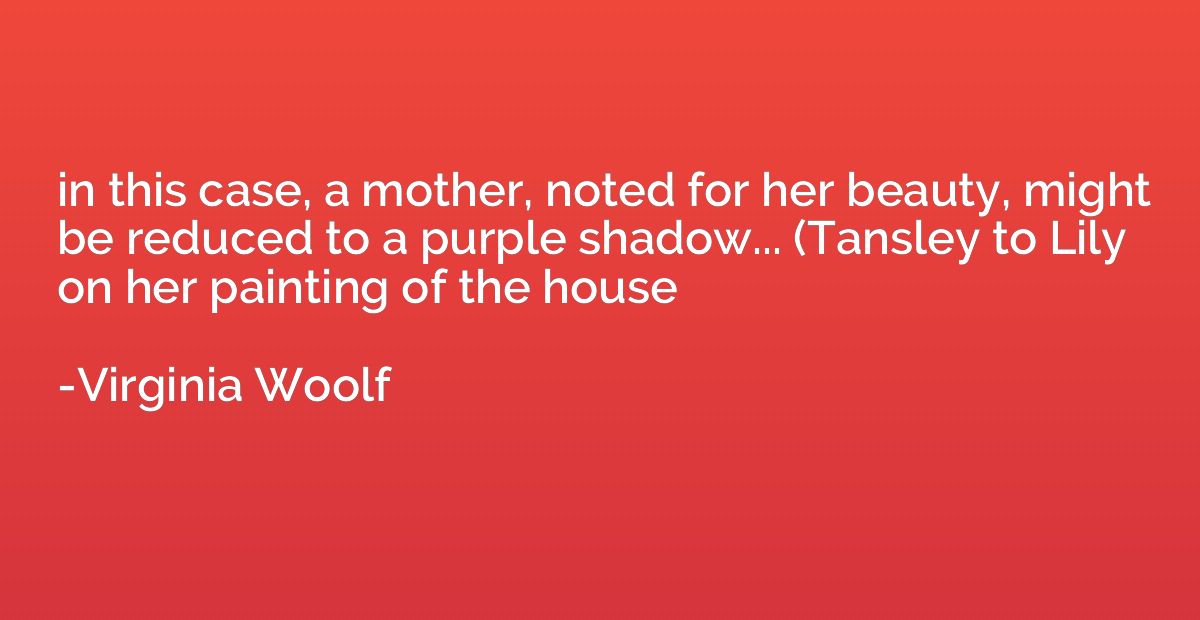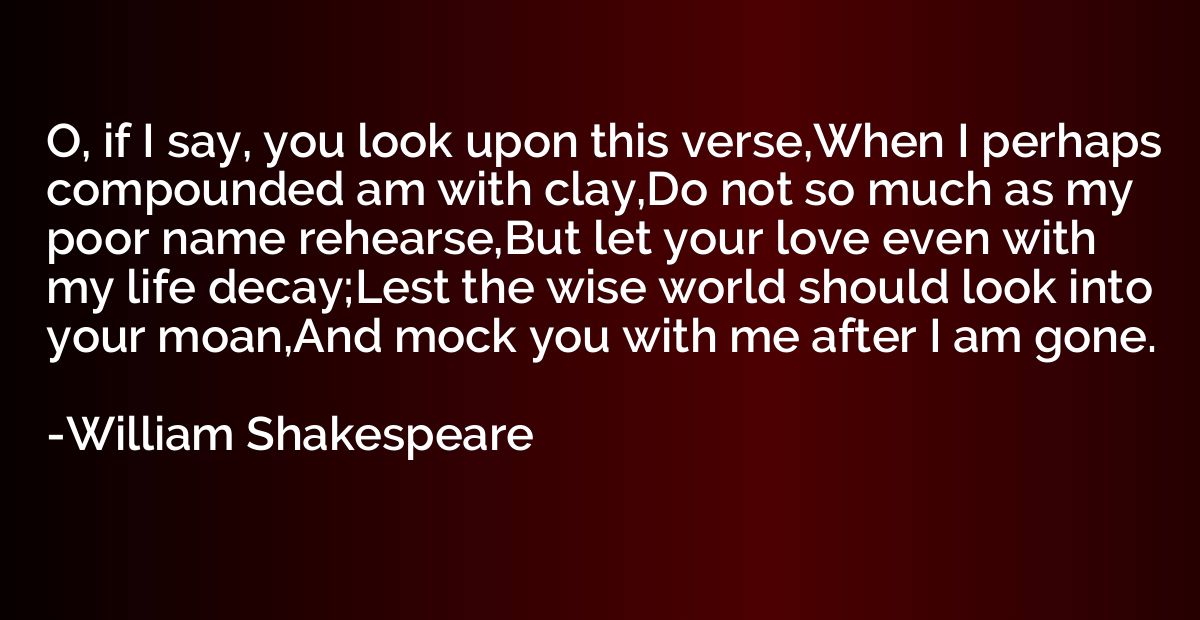Summary
This quote suggests that religion should be a personal and individual matter, intrinsically tied to one's beliefs and values, rather than influencing or dictating political decision-making. It emphasizes the idea that religious faith and practices should remain privately held convictions, restricted to the realm of the individual's heart and not imposed upon or intertwined with politics. The quote supports the notion of a secular governance system where the separation of religion and state leads to a more inclusive and unbiased political landscape for all citizens, regardless of their religious beliefs or non-belief.
